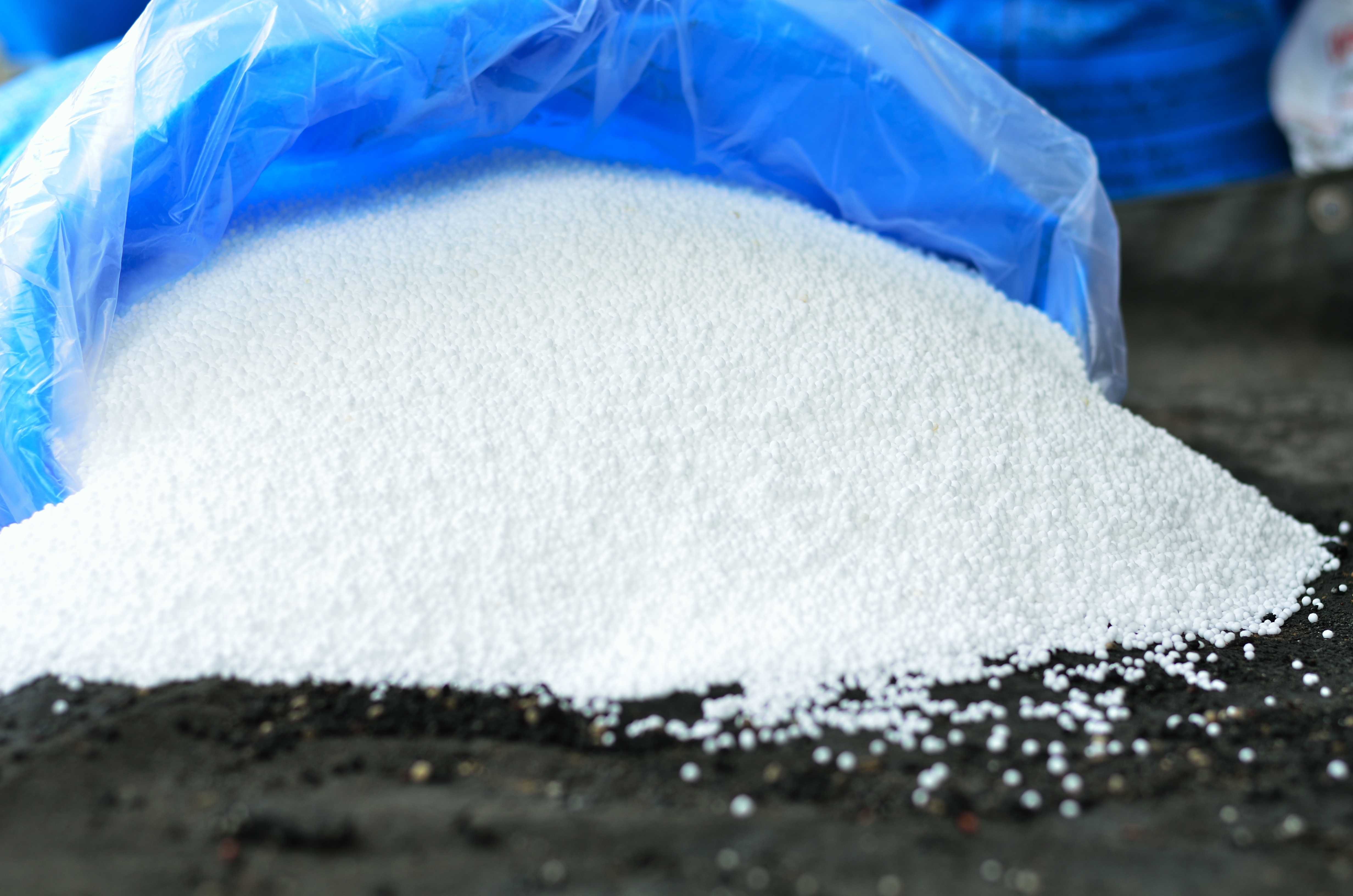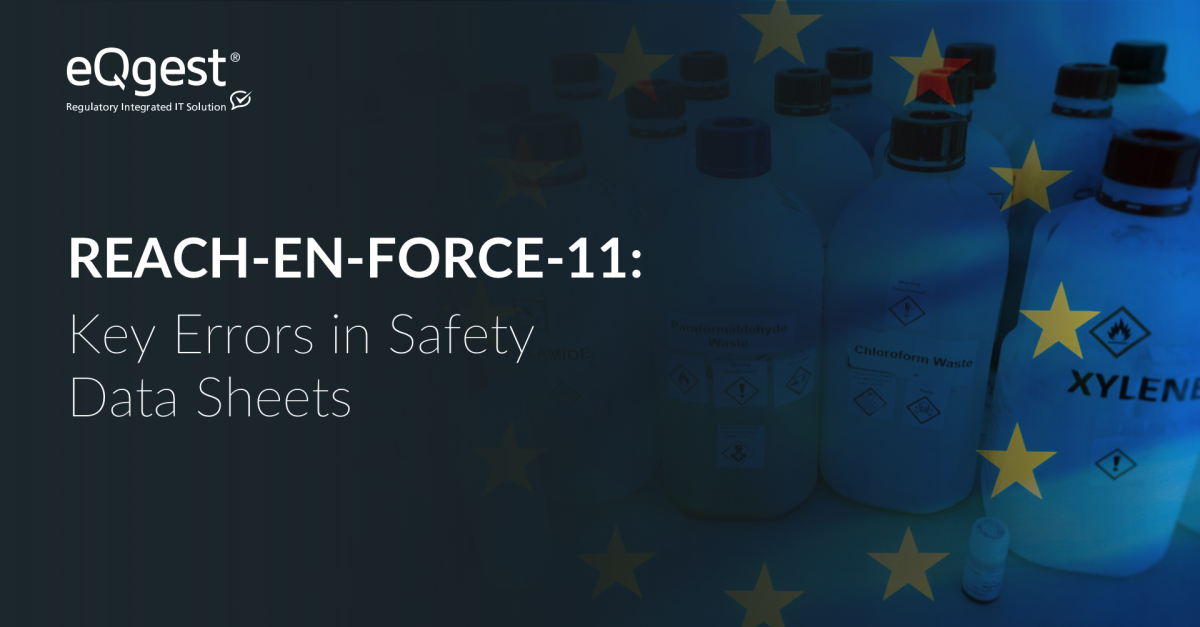"Two homemade bombs explode in police stations in Caseros and Transradio," "London: Homemade bomb attack on the metro leaves 22 injured," "Attacks on the New York metro with homemade bombs"... these are some of the headlines we have been facing lately.
Explosives created from chemical substances readily available in our homes are a reality that threatens us and one of the methods most frequently used by terrorists.
Measures for the Commercialization of Explosive Precursors
In 2008, the Council of the European Union, considering that certain substances and chemical mixtures constitute explosive precursors and can be misused for the illicit manufacture of these explosives, adopted an Action Plan to improve explosive security, following the intensification of homemade bomb attacks.
The Commission created a permanent committee on precursors, responsible for studying measures and making recommendations regarding the existing regulations on explosive precursors available in the market. This committee was tasked with identifying several of these substances susceptible to being used for terrorist attacks and recommended that appropriate action be taken at the Union level.
Regulation of the European Union on Explosive Precursors
To establish harmonized rules regarding the availability, introduction, possession, and use of substances or mixtures that could be misused for the illicit manufacture of explosives, with the aim of limiting their availability to individuals and ensuring adequate communication of suspicious transactions at all stages of the supply chain, Regulation (EU) No. 98/2013 of the European Parliament and Council, dated January 15, 2013, on the commercialization and use of explosive precursors was approved and later repealed by Regulation (EU) No. 2019/1148 to establish stricter restrictions.
It is important to highlight the 9 substances listed in Annex I (restricted explosive precursors) and the 9 in Annex II, along with the obligations related to the availability, introduction, possession, and use of these substances.
At eQgest, we are aware of the importance of identifying these substances to prevent misuse and the associated penalties. Therefore, in a forthcoming review, we will include tools for the identification of these substances. You can already consult Regulation (EU) No. 2019/1148.
Obligations of Articles 5, 6, and 7 of the Regulation
The availability of these products is restricted to individuals unless they have a license.
Individuals must obtain a license issued by the Ministry of the Interior – CITCO (Center for Intelligence Against Terrorism and Organized Crime), which will authorize one or more of these activities or uses.
Economic operators must notify those in the supply chain about products containing explosive precursors, ensuring that their staff are informed about the applicable regulations.
Regulatory Norms of the Spanish Ministry of Interior on Explosive Precursors
In Spain, Regulation (EU) No. 2019/1148 has led to the enactment of Law 25/2022, dated December 1, 2022, on explosive precursors.
Thus, with the implementation of these regulations, stores supplying products such as acetone, sulfuric acid, or certain nitrates will need to review the maximum quantities established for sale to the public without a license and record the name and identification details of the buyer, among other obligations.
Similar to Regulation (EU) No. 2019/1148, this new law distinguishes between individuals and economic operators.
An economic operator is any natural or legal person, public entity, or group composed of such persons or bodies that makes regulated explosive precursors available on the market.
An individual is any natural person acting for purposes not related to commercial or professional activities.
What Does Law 25/2022 Say About Individuals?
This law aims to regulate the licensing system that allows individuals to import, acquire, possess, or use restricted explosive precursors in Spain.
Furthermore, all individuals in contact with such substances have the obligation to notify CITCO (Center for Intelligence Against Terrorism and Organized Crime. 91 537 27 66/33 (24/7 contact)) of any theft or disappearance of substances authorized by the license, to the national contact point within a maximum of 24 hours from the time they become aware of it.
What Does This Law Say About Economic Operators?
Economic operators must report each transaction to the National Contact Point within no more than 5 days regarding the restricted explosive precursors specified in Annex I of Regulation (EU) No. 2019/1148 of the European Parliament and Council dated January 15, 2013.
Additionally, they must immediately notify the competent authorities (CITCO) of any suspicious orders or transactions involving substances from Annex I and Annex II. They must also report to CITCO as soon as possible any thefts or disappearances within 24 hours from when they become aware of them, and ensure that the total authorized quantity is not exceeded.
If you handle or use such chemical substances in your daily activities, we recommend keeping these regulations in mind and complying with them to avoid penalties ranging from €30,000 to €60,000, or higher depending on the case, including potential revocation of the license for individuals or temporary or permanent closure of the business.
If you have any remaining questions about the commercialization and use of these substances, please contact us, and we will attempt to resolve them as quickly as possible.


 + 34 900 802 588
+ 34 900 802 588 Client access
Client access


